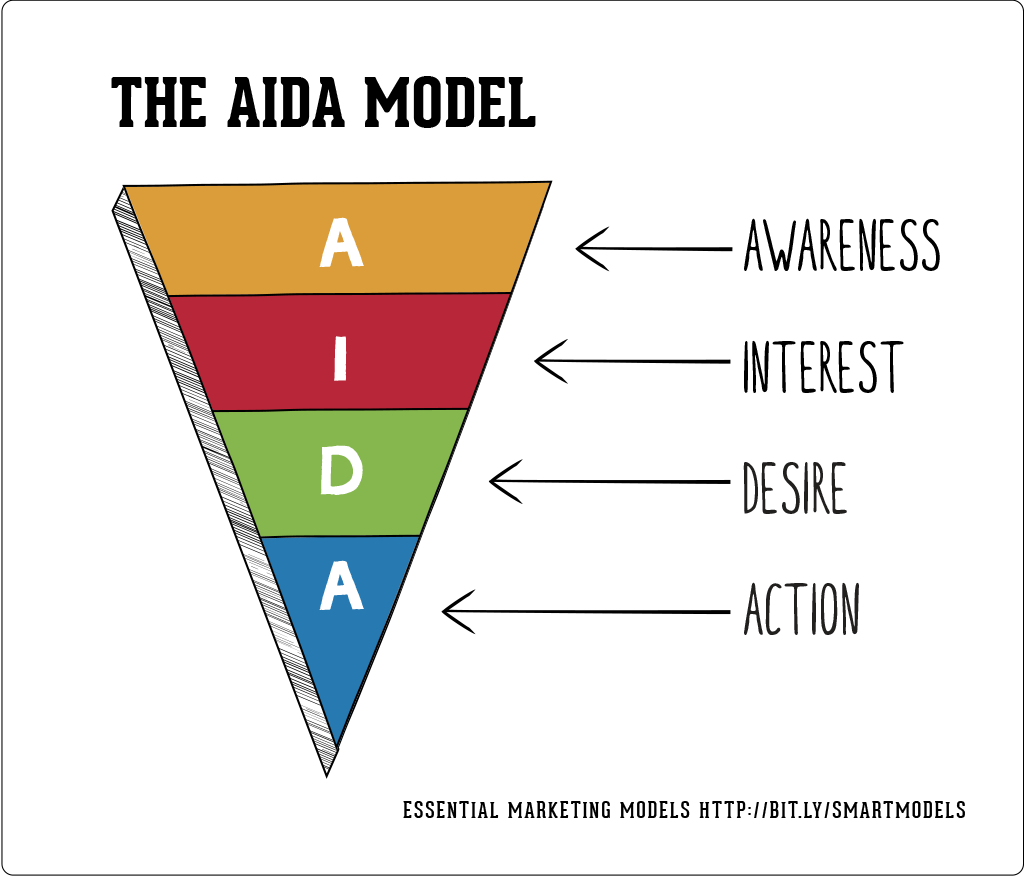How are you speaking about content marketing to colleagues, friends and clients? If you’re someone who knows anything about content marketing, you’ll know effective content marketing hinges on authenticity and aims to make genuine, valuable connections with your audience. So why do we continue speaking about it with jargon?
Often it seems the tendency to use jargon when talking about content marketing stems from a lack of understanding of what content marketing is and what it isn’t. In some cases, agencies are using traditional marketing jargon to confuse customers and swindle them into receiving the same old services under the new name of ‘content marketing’.
If your agency spouts statements like:
“Our content marketing program will innovate your sales funnel and optimise the buyer journey, resulting in a greater volume of conversions”
Run, and run fast. Or better yet, challenge them to uncover what they really mean when they use this kind of language.
Do your customers really go through a journey?
The word ‘journey’ assumes some kind of long process of discovery, research and implementation, but for most businesses, this doesn’t accurately describe the purchase decision.
For example, if your business operates in a market with only one or two serious competitors the purchase decision is more like a choice than it is a journey. This kind of audience will decide through comparison. A competitive analysis of your organisational capabilities better position you to win business than a clever tagline. Knowing your audience and understanding their needs and pain points is an essential part of content marketing. Anyone who uses an umbrella term like ‘journey’ to describe these things, is missing the mark entirely.
[tweet]Knowing your audience and understanding their needs is an essential part of content marketing.[/tweet]
Is your sales process really a funnel?
The term sales funnel is used often in the marketing world, and it is true that in general, the sales process usually follows the AIDA framework:

Using the term ‘funnel’ implies that once your customer reaches the ‘action’ phase of your sales process, they are essentially discarded by the organisation. This goes against a content marketing perspective, which, ideally, also focuses closely on customer retention and loyalty.
If your content marketing program neglects to consider how you might turn your customers into loyal brand advocates who spread positive word of mouth recommendations to their networks, it isn’t an effective strategy.
Who do you mean by ‘buyer’?
While many people use the term ‘buyer’ as an all-encompassing term to describe the consumer, anyone with a content marketing perspective should care more about the ‘audience’ than they should the ‘buyer’.
This is because content marketing acknowledges a diverse audience comprised of different segments who may bring value to a business through avenues other than purchase. For example, a content marketing strategy would consider the potential of the following groups:
- An audience segment who is not yet ready to purchase, but who may keep a brand in front-of-mind for future purchases
- An audience segment who may never buy from the brand, but could refer the brand to other people in their network
- An audience who may use a brand’s product or service, but not purchase it themselves (i.e., aged-care services, children’s products and healthcare)
- An audience who may purchase a brand’s product or service for someone else to consume.
What is a conversion to you?
Too often, marketing folk use ‘conversion’ as a sophisticated term for the word ‘sale’. This shouldn’t be the case. An experienced content marketer will have their own definition for a conversion, depending on the business objectives for a brand.
A conversion could include anything from signing up to a brand’s email newsletter, to attending their in-person event. To simply look at a conversion in terms of immediate monetary value does not take into account the full scope of what content marketing can achieve. A conversion in content marketing is anything that drives profitable customer action, even if it’s a small step in the path to purchase.
If you’d like to chat about content marketing with a team who talks the talk and walks the walk, contact Lush – The Content Agency. We love to create clear, actionable content marketing strategies for brands with all kinds of objectives.
